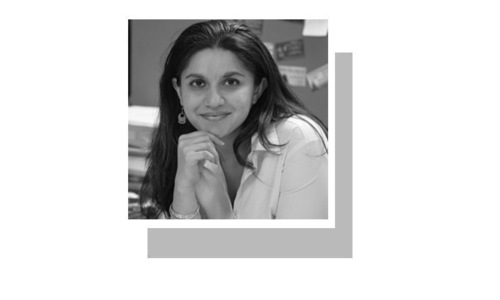POLICY confusion, economic disarray, social upheaval, media clampdown and political persecution have cast a suffocating pall on Pakistan.
Amidst this feeling of desolation, a call for forgiveness and cooperation is a reminder that the way out is much simpler than what it has seemed to be.
What President Arif Alvi has said echoes what many politically astute minds believe is the only way for Pakistan to realistically turn the corner: the state must provide an outlet to the public’s suppressed will with an election that is free of controversy and fair to all parties.
For a change, it should let the system work in the way it was originally intended to. The country’s economic condition presents an unprecedented existential challenge for Pakistan.
No government can realistically expect to survive the difficulties that lie ahead if it comes to power on a stolen mandate. To break free of the past, we must break the mould.
Though the print and electronic media have not been allowed to dwell too long on the topic, the public knows well that it is being ruled by a regime whose priorities and policies are completely at odds with the aspirations of the majority.
The latter’s discontent has been made worse by the state-sanctioned use of coercive tactics to restore ‘stability’, which have yet to yield any tangible dividends for the ordinary citizen.
Those who favour this style of ‘political management’ must realise that repression has never worked in the past and is unlikely to do so this time. In present conditions, holding an election whose fairness is widely doubted will further fracture the sociopolitical order.
This will not only imperil Pakistan’s standing in a rapidly changing world, but the continuing instability is likely to set its economy back by decades. And, by the time the extent of the damage that has been wrought under the present regime is acknowledged, the country will have slumped lower in human development rankings.
The past cannot be undone, but the path we take forward is entirely up to our political, judicial, military and civil society leadership.
The leaders of the different parties must sit together — or be persuaded to if they are not amenable — to agree to some ground rules for the upcoming election. In negotiating these rules, the parties can create the ‘level playing field’ that each of them has been seeking separately.
Meanwhile, the state ought to consider diverting its energies away from the less-than-effective policies it has been pursuing and allocate them, instead, towards ensuring that the political parties have an equal incentive for participating in the talks.
This seems like the only ‘positive role’ it can play at this point. Realistically, and given present conditions, this seems to be the most reasonable path forward.
Published in Dawn, October 12th, 2023















































Dear visitor, the comments section is undergoing an overhaul and will return soon.